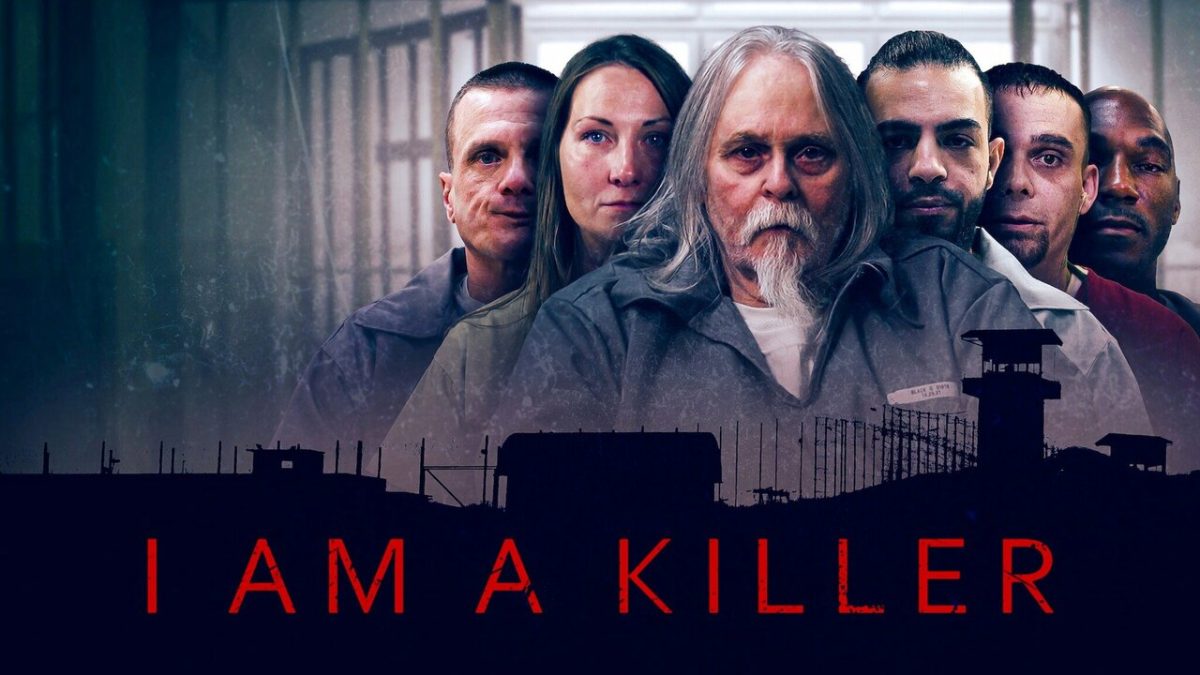True crime is a genre that focuses on the real actions committed by murderers. It is filled with podcasts, YouTube videos, movies, TV shows, books, and documentaries. However, this genre can end up consuming the audience’s lives and it can have a negative effect on viewers’ mental health. Also, families of the victims of those featured in these shows/podcasts may feel disrespected by the portrayal of the story or they may find the reproduction traumatizing.
So, how does true crime affect our lives and emotions? Many true crime shows and podcasts vividly describe the murders of the victims in order to paint a picture for the audience. This may be entertaining for the viewer but eventually it can lead to a heightened sense of paranoia. This is because you may think that the violence that is happening to the victims could happen to you too. Examples of this can be seeing every van on the road as the van of a kidnapper or obsessing over crime cases in the news and thinking you could be the next victim. This creates unhealthy anxiety that can consume people’s minds and make them overthink everything. Watching and listening to true crime can deteriorate your mental health.
The exposure to extreme violence can also be inappropriate to young and impressionable viewers. Seeing the decapitated body of a murder victim is not what a 12-year old should be seeing in their free time. Not only is this type of content scarring to younger viewers, it can also leave a negative impact on older viewers as well. Seeing such gory images and listening to detailed descriptions of violence can cause anxiety and leave audience members “scarred”. For those who are not scarred, this content can desensitize them to cruelty, violence, and suffering.
Also, true crime can be seen as glorifying the killers. Often in these types of shows they go into the background of the killers and try to explain why they did what they did. To the families of these victims this can be scarring because they do not want the killer of someone they loved to try to be understood when they did irreversible damage to their lives. There have even been cases where family members spoke out against their family members being featured in a true crime show. An example is Mindy Pendleton. Her stepson was murdered and was supposed to be featured on a docuseries on Netflix. According to Time Magazine, Pendleton stated that she was concerned that the show would “glorify the killer” and that this was her “greatest fear”. Pendleton helped to raise Mast since he was a toddler so revisiting this traumatic event and having it displayed for the world to see was very traumatic. When the Netflix company asked the family if they wanted to participate in the series “I Am A Killer”, the family said not to do the project because it was inhumane. Regardless, the show was released later that year to the 60 million people subscribed to Netflix and Mast’s murder was the first case covered.
This demonstrates how big corporations are not acknowledging the effect on the families and they are only focusing on profit. This was very traumatic for the family because the docuseries tried to explain the killer Lindsay Haugen’s actions using an abusive relationship before she met Mast. The family of the victim knows her actions can never be explained because she took away someone that they love. True Crime shows can reopen trauma wounds of the families involved and can glorify and explain the unexplainable actions of the murder.
So, there is another side of True Crime shows, movies, and podcasts. Not only can they have a negative effect on you by making you paranoid and deteriorating your mental health, they re-traumatize the families involved. While true crime can have negative impacts, this does not mean that it should be boycotted entirely. Instead, what you can do is a little bit of research about the source of the story and if the family of the victim was ok with this being shared. Also, it is good to check with yourself and make sure you are in the right headspace to consume that type of content.


